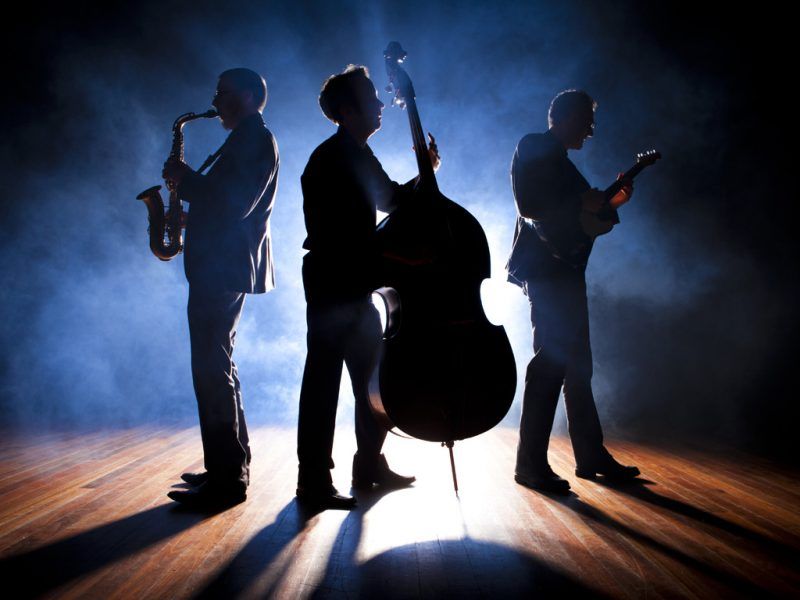Team Building Field Trips - All That Jazz!
Looking for more meaningful team-building events than trust falls? Read on for insights from a jazz ensemble.
When was the last time your team gathered for a purpose other than a regular staff meeting or a budget review? Have you ever gone off-site for a really engaging, exciting, team-building event? This doesn’t mean ropes courses or blindly falling into your teammates’ arms and trusting them to catch you...but, rather, excursions truly create lifelong lessons and connections that you can immediately apply to improve your performance as a team and a business unit.
There are many unique and effective ways in which I have seen teams boost their ability to work together—and tap into each member’s creative talents. In the next few posts, we’ll share a few meaningful experiences in which you may find meaning and potential activities for your own team, as well.
One of these events took place in one of the largest divisions of a Fortune 500 consumer products company. After the usual PowerPoint presentations, things really got exciting. Participants were divided into cross functional groups, with each assigned to visit a different setting to observe how unique teams function . One team went to a jazz club , another to an emergency room , another to a fire station , and the last team went to the San Francisco zoo.
The challenge was to go and observe how the team worked together, and to bring what was learned back to the group at large. This involved observing aspects such as how each member fulfilled their individual roles, how they collaborated to get the work done, how they prioritized the work, and what could be applied to the teams.
One big takeaway from this event was that the teams did not all function the same way . It’s an obvious concept when you stop to think about it, yet we don’t always consider the team’s purpose when we picture high-performing teams. We often try to create a one-size-fits-all model for team effectiveness—something that can kill the creativity and vitality of a unique team.
For example, the jazz team found that it was important for the jazz quartet to feel complete freedom to riff off each other . When they were most relaxed, they were most creative. They needed complete trust in the skills and intent of the other members. Once they knew each other and their talents well enough, they could truly jam and play off each other. Even though each person was incredibly talented in their own right, they would willingly and happily give up being the lead to let another step briefly into the limelight, allowing the group to then play off that new path that the star took. But they always synced up on their goal, not only for their own enjoyment, but also to make beautiful, powerful music together.
The jazz team’s experience brings to mind a very moving James Thurber quote: “There are two kinds of light—the glow that illuminates, and the glare that obscures.” Those who glared would not long be welcome in a jazz quartet.
In the next post, we’ll discuss the other group findings, relating to their own unique teams.






